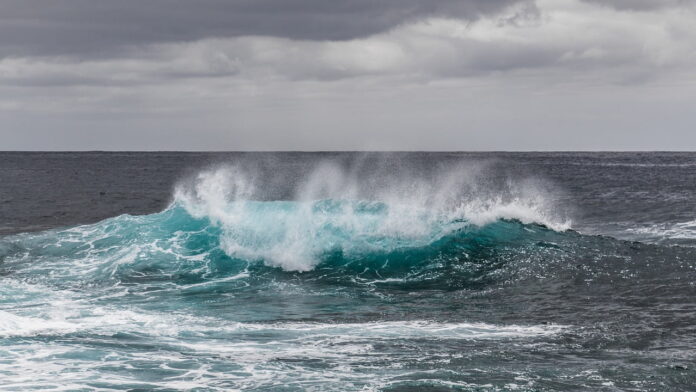The ocean, a vast and mysterious expanse, is home to an incredible array of life. It regulates our climate, provides food for millions, and supports a rich biodiversity that is still not fully understood. However, this vital ecosystem is under threat from overfishing, pollution, climate change, and habitat destruction. In response, a dedicated group of individuals and organizations, known as the Guardians of the Blue, has emerged as defenders of our oceans. These guardians are scientists, conservationists, policymakers, and local communities who work tirelessly to protect and restore marine ecosystems.
The Guardians of the Blue are not a single entity but a collective force, united by a common goal: to ensure the health and sustainability of our oceans for future generations. They employ a range of strategies, from direct action to research and education, to combat the challenges facing marine life. Their work is critical, as the ocean covers more than 70% of the Earth’s surface and supports an estimated 50-80% of all life on our planet. Without their efforts, the consequences for both marine and human life would be catastrophic.
Innovative Approaches to Marine Conservation: Success Stories from the Field
Marine conservation has seen a surge in innovative approaches that have led to notable success stories. One such approach is the establishment of Marine Protected Areas (MPAs), which serve as safe havens for marine life. MPAs have been shown to increase fish biomass and biodiversity, with the potential to benefit surrounding areas through the “spillover” effect. For example, the establishment of the Chagos Marine Reserve in the Indian Ocean has resulted in one of the world’s largest no-take zones, providing a sanctuary for endangered species and allowing overfished populations to recover.
Another pioneering strategy is the use of artificial reefs, which can enhance marine habitats and promote biodiversity. In places like the Florida Keys, artificial reefs have been created using decommissioned ships, providing new structures for coral growth and habitat for fish and other marine organisms. These reefs not only help to alleviate pressure on natural reefs but also offer opportunities for research and eco-tourism.
The Role of Technology in Protecting Marine Biodiversity
Technology plays a pivotal role in modern marine conservation efforts. Cutting-edge tools such as satellite monitoring and drone surveillance have revolutionized the way we protect marine ecosystems. For instance, satellite imagery is used to track illegal fishing activities in real-time, enabling quicker enforcement action. Drones are employed to monitor remote or inaccessible areas, providing valuable data on habitat health and wildlife populations.
Advancements in tagging and tracking technology have also provided insights into the migratory patterns of marine species. This information is crucial for creating effective conservation strategies, as it helps identify critical habitats and informs the management of MPAs. For example, the use of satellite tags on whale sharks has uncovered previously unknown migration routes, leading to better protection measures for these gentle giants.
Community Involvement: Empowering Local Populations in Ecosystem Stewardship
Local communities are often the most directly affected by changes in marine ecosystems and are therefore essential partners in conservation efforts. Empowering these communities through education and involvement in stewardship activities can lead to more sustainable practices and a stronger conservation ethic. In the Coral Triangle, for example, community-led initiatives have established locally managed marine areas (LMMAs), where residents take an active role in managing and protecting their coastal resources.
Community involvement also extends to citizen science programs, where individuals contribute to data collection and monitoring. These programs not only provide valuable scientific data but also foster a sense of ownership and responsibility towards the local environment. In the Caribbean, programs like the Reef Environmental Education Foundation (REEF) engage divers and snorkelers in recording fish populations, contributing to large-scale assessments of reef health.
The Future of Marine Conservation: Challenges and Opportunities Ahead
As we look to the future, marine conservation faces both challenges and opportunities. Climate change remains a significant threat, with rising temperatures and ocean acidification posing risks to coral reefs and other sensitive habitats. The continued growth of the human population and its demand for marine resources also presents ongoing challenges. However, there are reasons for optimism. The increasing awareness of the importance of healthy oceans is driving more comprehensive conservation efforts and international cooperation.
Emerging technologies, such as genetic tools for biodiversity assessment and the use of artificial intelligence in data analysis, offer new ways to understand and protect marine life. Additionally, the growing blue economy movement emphasizes the economic value of healthy oceans, aligning conservation goals with economic incentives. As we navigate these challenges and opportunities, the Guardians of the Blue will continue to play a vital role in pioneering strategies for marine ecosystem conservation, ensuring that our oceans remain a thriving source of life and wonder for generations to come.
